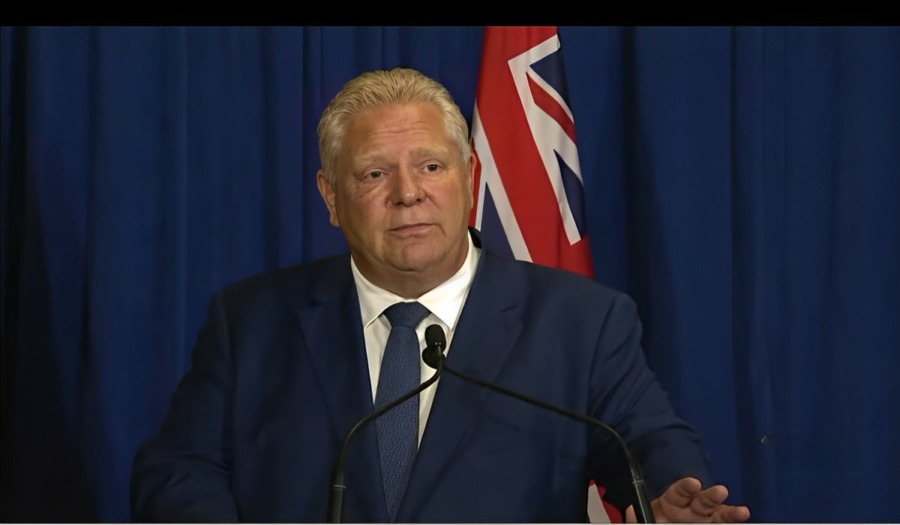Ontario Government in Turmoil: Assessing the Major Fallout Caused by Greenbelt Auditor General’s Report
- Kingston Bailey
- Eastern Canada
- Environment
- Trending
- August 10, 2023

Ontario stands on the precipice of a pivotal moment as day two dawns since Auditor General Bonnie Lysyk’s report on the Greenbelt became readily accessible. With bated breath and a sense of anger, citizens confront the truth again, and the devastation of the second reading is just as profound as the initial encounter. This sort of report has the potential to collapse governments, altering the course of history with its revelations.
To grasp the weight of this situation, one must understand the essence of the Greenbelt. This expansive haven of preserved natural beauty, fertile agricultural land, and vital waterways is a testament to Ontario’s commitment to environmental sustainability. Serving as a shield against urban sprawl, it is a sanctuary for biodiversity, a source of local produce, and a symbol of humanity’s responsibility to coexist with the environment.
Lysyk’s findings do more than reveal administrative errors or budgetary misjudgments. They unravel a narrative of decisions and actions that chip away at the core principles upon which the Greenbelt was established.
- The exercise to select and remove lands from the Greenbelt precluded substantive input from
municipalities, other provincial ministries, and the general public. Indigenous communities and
leaders also say the Province failed to properly consult them on the Greenbelt changes. - Public consultation required by the Environmental Bill of Rights, 1993, was undermined by
incomplete and inaccurate Environmental Registry notices, limiting the public’s ability to fully
understand and comment on the proposed changes and their potential impacts. - The Housing Minister’s Chief of Staff was cautioned by Housing Ministry staff that the 30-day
minimum consultation period was insufficient to effectively consult the public. - Housing Ministry staff did not have sufficient time to analyze the 35,000 overwhelmingly negative
comments received to fully inform decision-making, nor were any revisions made to the proposed
land removals - The 2022 Greenbelt removals were made without full consideration for, or a clear understanding of,the environmental and agricultural risks. The Greenbelt Project Team was restricted from leveraging the expertise of partner ministries, municipalities and conservation authorities on environmental and agricultural risks while drafting the proposed Greenbelt changes before public consultation
The weight of this report is not confined to partisan lines or socioeconomic divisions. It pierces the heart of collective consciousness, compelling us to confront uncomfortable truths about our chosen representatives and the fragility of the institutions we rely upon. This is not just about policy disputes; it’s a betrayal of the collective pledge to safeguard the resources that sustain us.
As the report echoes reverberate across the province, the conversations it sparks will ripple through homes, corporate boardrooms, and legislative chambers. Leaders will be held accountable for their choices, and citizens must reckon with the future they wish to build for themselves and generations yet to come.
This report is not just an exercise in numbers and words. It’s a mirror held up to our collective soul, forcing us to confront the depths of our integrity and commitment. The story remains unfinished, and how we respond to these revelations of favouritism and a tainted process for awarding land to developers will determine whether it concludes as a cautionary tale or a triumph of accountability and resolve.
The ramifications of this ruling are poised to resonate throughout Ontario for years to come. We shouldn’t be surprised if the repercussions extend beyond the report itself, leading to a chorus of resignations among multiple members of the provincial government. As the dust settles, the true impact of Lysyk’s report will become clear – a turning point that reminds us of the power of transparency and the enduring legacy of the Greenbelt and unbias representation.








